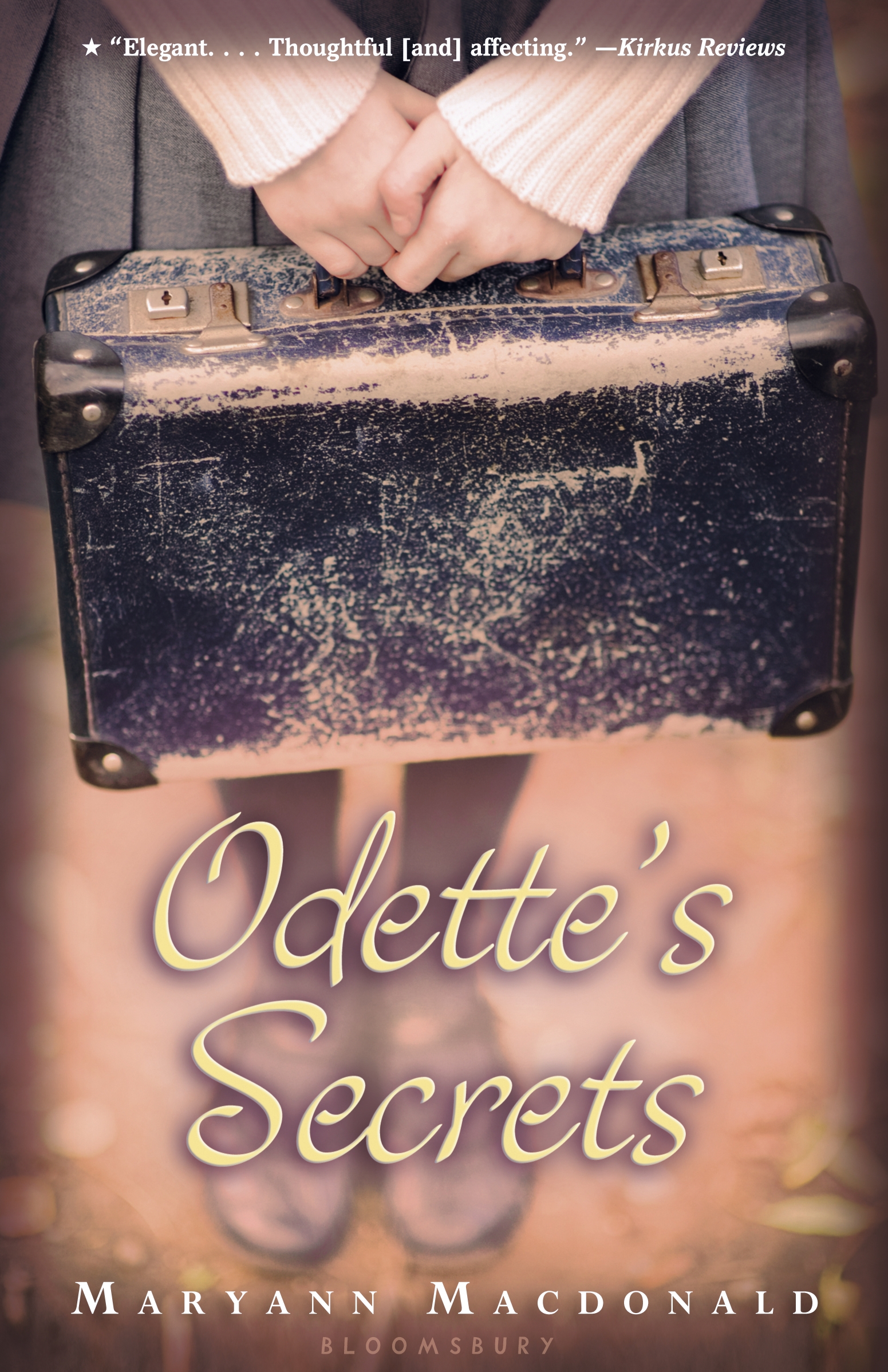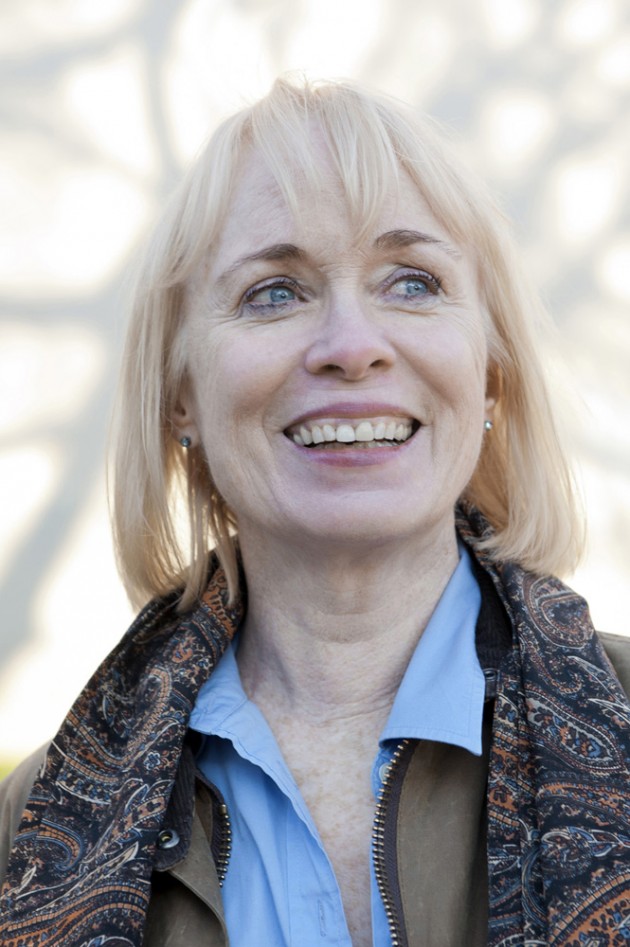
A Conversation With Maryann MacDonald
My name is Odette.
I live in Paris,
on a cobblestone square
With a splashing fountain and a silent statue.
My hair is curly.
Mama ties ribbons in it.
Papa reads to me and buys me toys.
I have everything I could wish for,
except a cat.

Photo credit: Stefan Falke
So begins Odette’s Secret (Bloomsbury 2013), a lyrical and haunting tale that was drawn from an actual story and reimagined by children’s book writer Maryann MacDonald. Lilith fiction editor Yona Zeldis McDonough talked to MacDonald about inspiration, Francophilia and the salvation offered by poetry.
Tell me, what inspired you to write this book?
One late August afternoon a few years ago, I was walking around the old Jewish neighborhood of the Marais in Paris with my husband. We passed an elementary school with a bronze plaque. The plaque honored the memory of the Jewish children, students at the school, who had been deported from France during WWII. I kept thinking about those children…who were they? What were their lives like in France during the war?
I began reading about life in Paris during World War II, especially about the life of French Jews. I learned that 11,400 children were deported. Most of these died. But more children survived in France than in any other European country. They were hidden in homes, convents, monasteries, farms and schools all over the country. To stay successfully hidden, these children had to “reinvent” themselves, to become Christian children. How had they been able to do this? And what was it like for them to readjust to reality after the war?
While I was at the American Library in Paris…by chance, I found Doors to Madame Marie, the autobiography of Odette Meyers, a woman who had been one of those hidden French children during the war.
I became fascinated by Odette’s story, and one night I shared it with my husband. Together we went to the 11th Arrondissement, to stand in front of the building where Odette had lived. “I so wish we could go inside!” I said, looking at the heavy oak door at the front of the building, a solid street door of the type that is always locked.
2 comments on “A Conversation With Maryann MacDonald”
Comments are closed.




Thanks for a great interview, Yona!
What a great interview–and such a wonderful book!